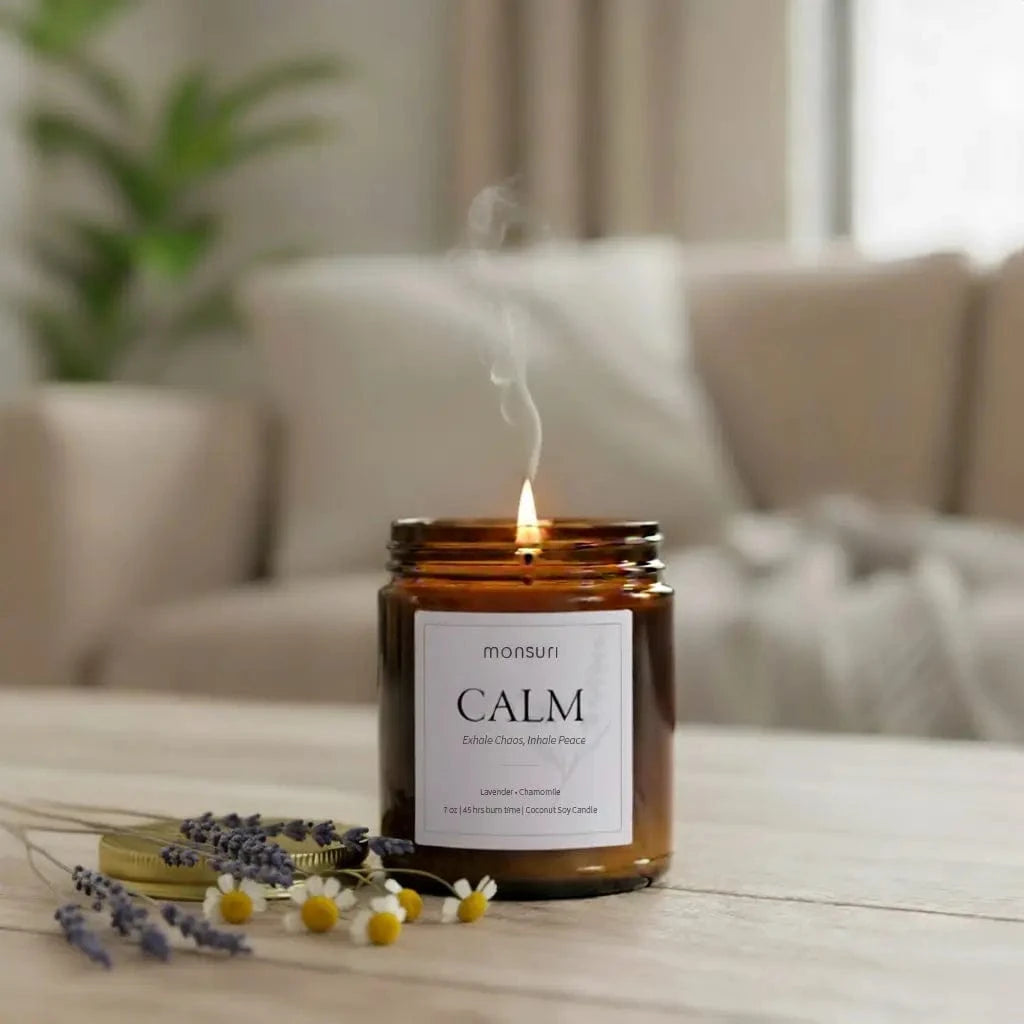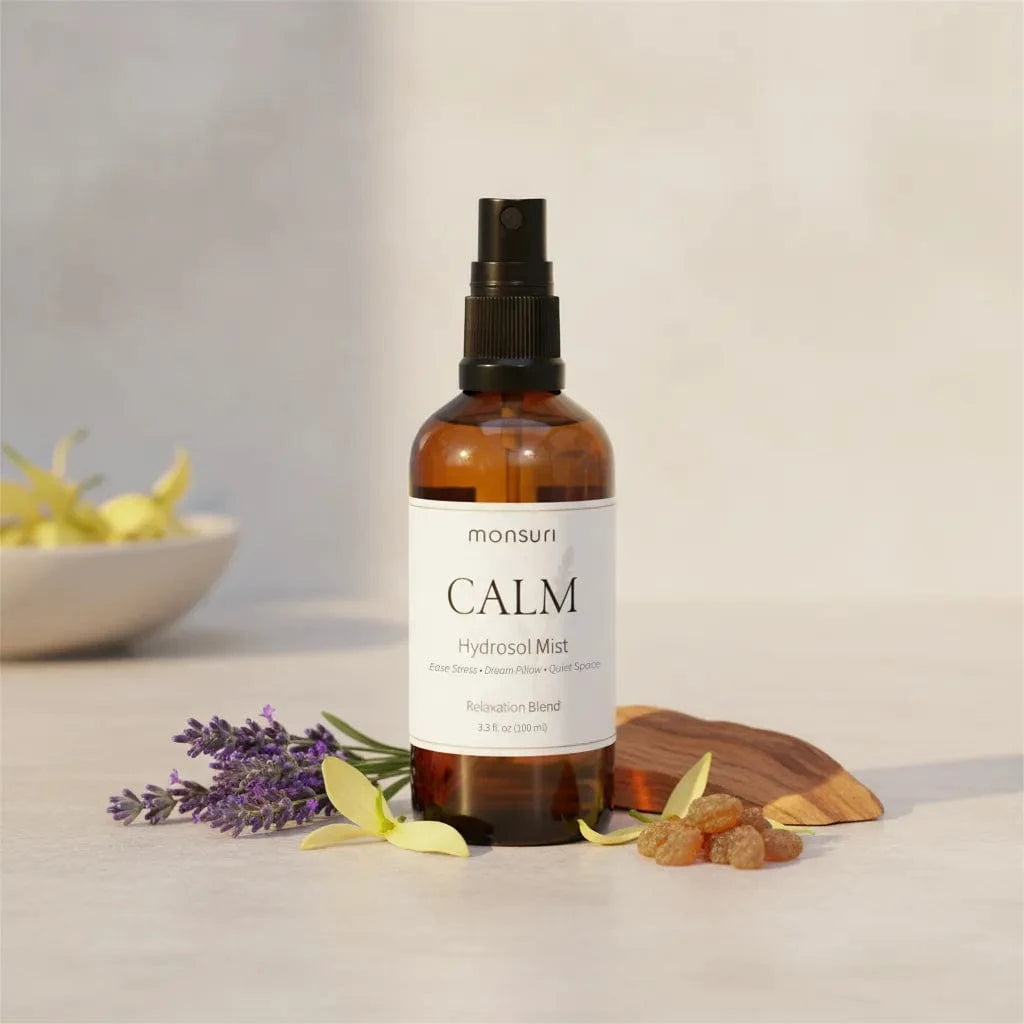Your Cart is Empty
SELF CARE JOURNEY WITH MONSURI
As champions of self-love, we've curated a series of insightful videos that not only introduce you to Monsuri's premium range of bath & body products but also delve deep into the world of self-care, wellness, and tranquility.

Strong Woman Quotes: Words to Fuel Your Inner Power and Self-Love
Strong woman quotes aren’t just words, they’re anchors for the moments you doubt yourself. Explore powerful quotes about resilience, leadership, and self-worth, and learn how to turn them into daily rituals that reinforce your confidence and inner strength.

Natural Soap: The Best All Natural Bar Soap for Skin
Natural soap does more than cleanse, it protects your skin’s balance. Made with plant-based oils and retained glycerin, all natural bar soap helps prevent dryness, irritation, and tightness while turning your daily shower into a nourishing self-care ritual.

Inspirational Quotes for Women: Words That Fuel Self-Love and Strength
From resilience to self-love, inspirational quotes for women can shift your perspective in powerful ways. Explore empowering words from icons and daily affirmations from Monsuri that remind you of your strength and help you carry encouragement into every part of life.












